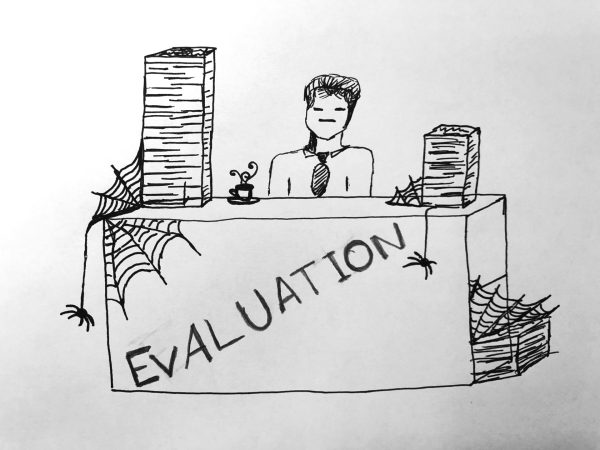Going viral may not be a good thing
September 22, 2015
In the age of social media, the term “going viral” has nothing to do with illness or computer failure, but everything to do with mass media consumption.
I recently came across a short video on YouTube someone had created featuring Donald Trump using a new Snapchat feature which allowed him to spew rainbows from his face.
Although the clip is poking fun at Trump, the video has more than one million views and thousands of shares.
It is safe to say the video went viral.
Do not get me wrong, I thought it was comical, but it also made me a little disappointed.
Is “going viral” ever a positive thing?
The exact criteria that the general social media consumer uses to gauge how popular or worthy a piece of media or information is, is beyond me.
How does something like the “just a nurse” movement get lumped in with, or surpassed by, videos of people attempting to swallow cinnamon or billionaires vomiting rainbows?
It seems to me like a reflection of what society values today.
Popular posts on social media have the power to change pop culture.
“Bae” did not exist before someone somewhere in the deep recess of the Internet decided to post it and the Web lost its collective mind.
Relationships were tested last spring when a picture of a dress became a national debate, and took our focus away from real world issues.
I believe that social media can be used as an excellent platform to share information and stay connected, but more often than not, it is used as a tool for instant gratification.
We need to keep in mind that what we share is what we are promoting.
On social media, your brand is everything.
By sharing a post, you may be indirectly supporting the action and cause behind the content.
Even posting a video and commenting about how outrageous something is still brings in more viewers.
You do not like the mistreatment of animals? Do not share a video of dogfights on Facebook.
You do not appreciate the religious extremists condemning students on campus? Do not take a photo and share it on Instagram.
The popularity only seems to justify their reasons for visiting.
Those who use social media need to become more aware the effects their actions can have.
If we have the power to make something “go viral” and become visible to millions of eyes, why are we sharing videos of cats?
The power is in the hands of the people, and we need to use our freedom of speech productively.
Social media is a powerful tool that can be used for evil just as easily as it is used for good.
Be media conscious, post responsibly.
Katelyn Siegert is a senior journalism major. She can be reached at 581-2812 or [email protected]












































